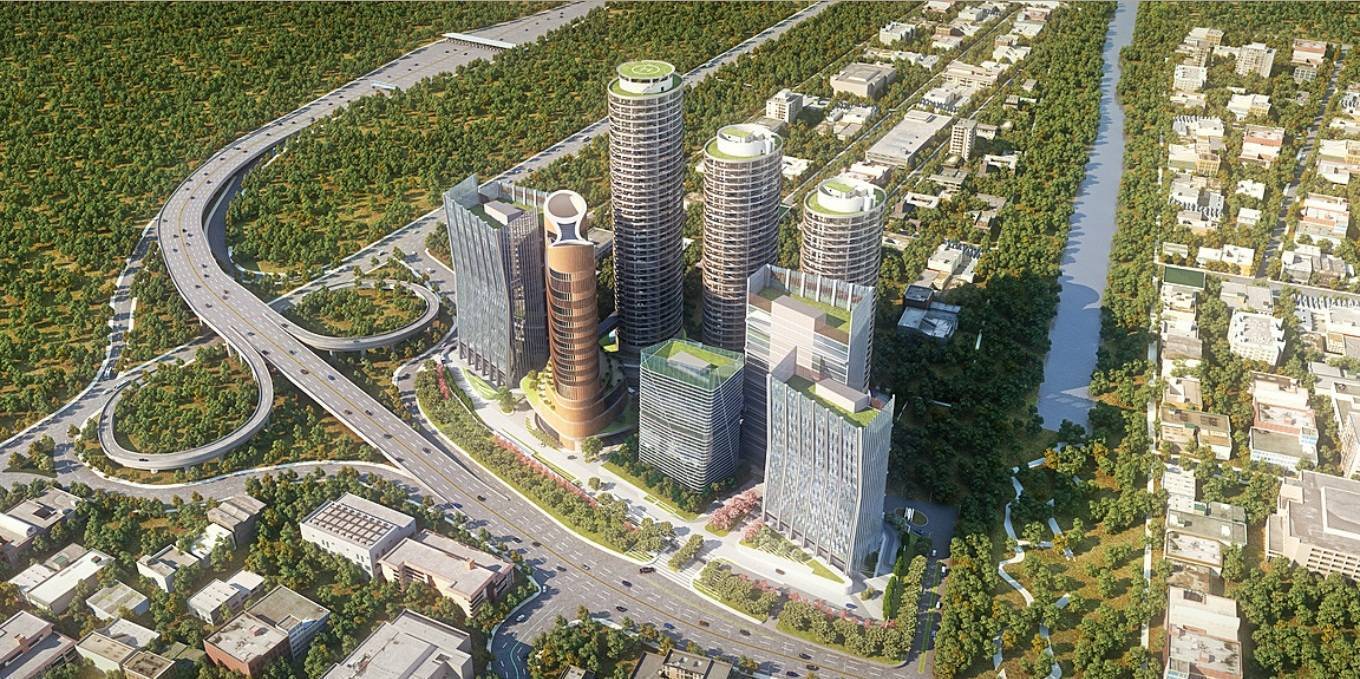In a significant ruling for Bengaluru's real estate sector, the Karnataka Real Estate Regulatory Authority (KRERA) has directed Mantri Developers to refund ₹2.5 crore to a homebuyer after a delay of more than five years in the handover of an apartment. The ruling also includes a directive for the developer to close the home loan taken by the buyer, further highlighting the growing concerns about project delays in the region.
The case involved Anant Ramachandran, who had booked an apartment at Mantri Webcity in Hennur, North Bengaluru, under a pre-EMI scheme. The buyer paid an initial amount of ₹15 lakh in April 2014, while a home loan of ₹65 lakh was disbursed to the developer by the bank the same year. According to the agreement, the developer was to settle the loan EMI payments until March 2017, with the possession of the apartment promised by that date.
However, despite the commitment, the developer failed to deliver the apartment within the agreed time frame. Even after several years, the property remained undelivered, and the buyer continued to pay the pre-EMIs to the bank after the developer stopped making the agreed payments. By January 2017, the buyer had not received the apartment and had sent a formal request to KRERA to withdraw from the project.
In its investigation, KRERA found that the developer had failed to meet the terms of the agreement, particularly in reimbursing the pre-EMIs to the complainant, which resulted in the buyer being financially burdened. The developer also failed to hand over possession of the apartment by the promised date, despite offering a pre-EMI scheme that was supposed to ease the financial burden of the buyer.
The developer argued that the delay in the project was due to various factors, including legal issues, licensing hurdles, continuous rainfall, demonetization, and the COVID-19 lockdown. However, KRERA dismissed these reasons, stating that such delays are considered routine in construction projects and that the developer should have managed them effectively. The authority also pointed out that the pandemic, which began in 2020, could not be used as a valid excuse for the delay in a project whose completion date was set for 2017.
The KRERA order also emphasized that the buyer had not benefited from the property nor the loan, as the developer was responsible for both aspects under the terms of the agreement. This failure to honor the terms resulted in the buyer being left in a financial bind.
As a result, KRERA has mandated the developer to refund ₹2.5 crore, which includes interest accrued from April 2014 to November 2024. The developer has also been ordered to close the home loan in the buyer's name, a measure that aims to alleviate the financial strain caused by the delay.
This case serves as a crucial reminder of the challenges faced by homebuyers in Bengaluru's real estate market, where project delays have become increasingly common. The ruling underscores the importance of regulatory bodies like KRERA in holding developers accountable and ensuring that buyers receive their due compensation when agreements are breached.
In a broader context, the real estate sector in Karnataka has seen a surge in delayed projects. As of recent reports, over 2,630 real estate projects in the state have faced significant delays, which has raised concerns about transparency, project management, and accountability within the industry.
KRERA's decision reflects a growing recognition of the need for stricter enforcement of regulations and the protection of consumer interests in the real estate market. With developers often citing external factors like legal hurdles or weather conditions as reasons for delays, KRERA's firm stance is a message to developers that they must take responsibility for their commitments and ensure timely project delivery.









.png)